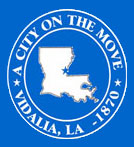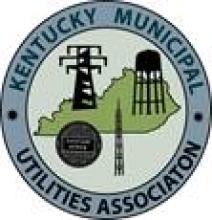FCC Rural Broadband Workshop Video
In case you missed it, you can still stream the FCC's Rural Broadband Workshop. The announcement describes the event:
The workshop will include an examination of the broadband needs of rural populations and the unique challenges of both broadband deployment and adoption in rural areas. In addition, the discussion will highlight the economic, educational, and healthcare benefits that can be realized through broadband deployment and adoption. The workshop will also examine different business models that have been used to deploy broadband in rural areas, including a discussion of the factors that drive investment decisions and technology choices of different types of providers in rural communities. Finally, the workshop will examine the role that states have played, and can continue to play, in meeting the rural broadband challenge.
The first discussion, Broadband Needs, Challenges, and Opportunities in Rural America, focuses on the impact broadband access has on education, healthcare, and economic development. Panelists are:
- Jeff Fastnacht, Superintendent, Ellendale School, Ellendale, ND
- Charles Fluharty, President and CEO, Rural Policy Research Institute
- Brian Kelley, CEO, Ag Technologies
- Thomas F. Klobucar, Ph.D., Deputy Director, Office of Rural Health, U.S. Department of Veterans Affairs
- Linda Lord, Maine State Librarian
- Don Means, Coordinator, Gigabit Libraries Network
Rural Broadband Buildout - Effective Strategies and Lessons Learned, will start at 11:00 a.m. and will include:







